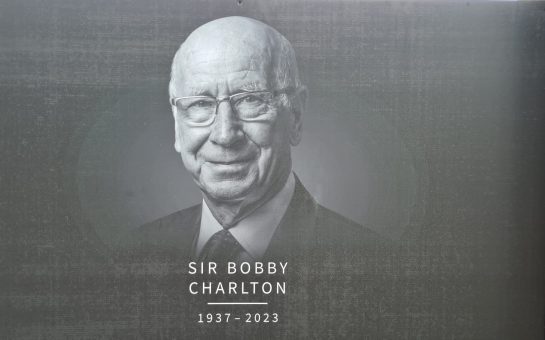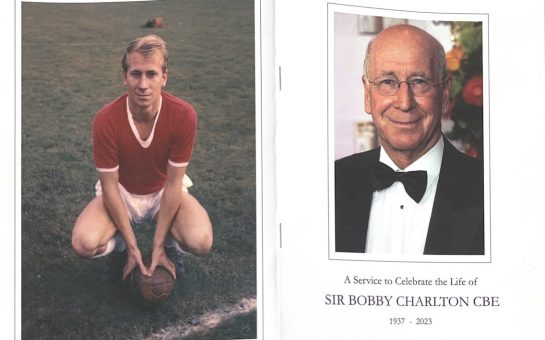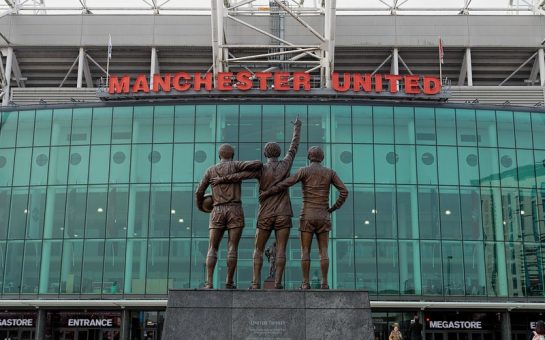Today marks the 150th anniversary of the assassination of President Abraham Lincoln, famed for his pivotal role in the abolition of slavery.
However, little attention is given these days to his eternal token of gratitude to the working people of Manchester.
Just off the sprawling Albert Square, is the smaller, easily missed, Lincoln Square, which bears a statue of the 16th President of the United States.
Beneath it is inscribed a letter to the people of Manchester, commending them for a historic act of solidarity against the slave trade.
Amid the cotton embargo, in which Lincoln convinced European importers to install a blockade preventing the shipping of slave picked cotton, Lancashire and its workers suffered great personal hardship, with many out of work and unable to feed their families.
The aim, for Lincoln, was to out-manoeuvre the Confederate states, win the civil war and ultimately abolish the US slave trade.
But Manchester and the surrounding area, which had once clothed the world, found 60% of its mills falling idle, largely as a result of the blockade.
Mill and shipping companies lobbied for the blockades to be destroyed, and in cities as nearby as Liverpool, opposition to the embargo and support for the Confederacy mounted.
But in a meeting at the Manchester Free Trade Hall in 1862, in a show of defiance despite potential starvation and destitution, workers agreed to maintain support for Lincoln and the embargo.
In 1863, with the cotton industry crashing down, Lincoln himself penned a letter to the ‘working men of Manchester’, praising what he called ‘sublime Christian heroism, which has not been surpassed in any age or in any country’.
US aid ships followed the letter to the shores of the North West, offering relief to starving mill workers in gesture of gratitude.
In January 1865, months before Lincoln’s assassination, US Congress passed the Thirteenth Amendment. Slavery throughout the United States was officially abolished.
Soon after, as the US constitution was being rewritten, the Confederate states which had been crippled by the embargo were being eliminated by Union forces.
By the time the South surrendered, Manchester’s derelict mills were being swept ready for the city to begin the daunting process of re-igniting its once glorious industrial flame.
But Manchester’s roots in the fight against human rights abuses, and slavery in particular, predates even Lincoln’s birth.
In 1787, leading British abolitionist Thomas Clarkson gave a speech at what is now Manchester Cathedral.
Having been met with animosity in Liverpool, he was given a much warmer welcome in Manchester and the city positioned itself at the vanguard of the anti-slavery movement here in the UK.
Image courtesy of Archive New Zealand, with thanks.



